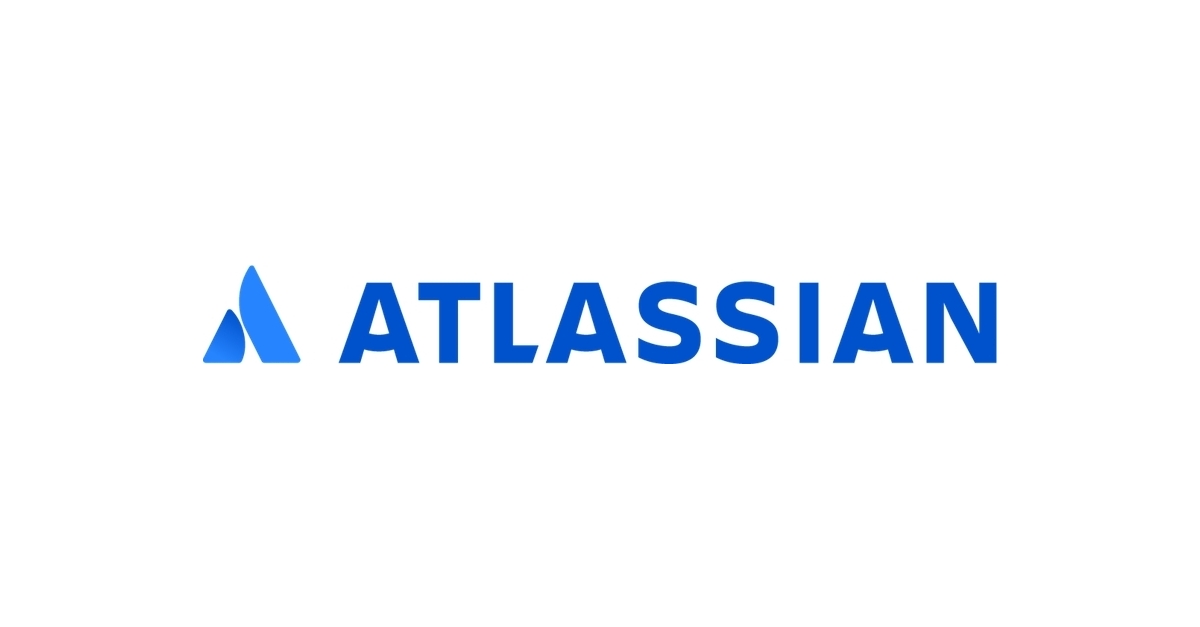Last week, at a StrictlyVC event in San Francisco, Mamoon Hamid and Ilya Fushman, two seasoned VCs at Kleiner Perkins, shared insights about the overwhelming presence of AI in more than 80% of the pitches they receive. The duo, who have been instrumental in revitalizing Kleiner Perkins, delved into the impact of AI on the startup landscape and the challenges and opportunities it presents.
Key Takeaway
The resurgence of Kleiner Perkins under the leadership of Mamoon Hamid and Ilya Fushman has been marked by a strategic focus on early-stage startups and a strong emphasis on AI investments, with more than 80% of pitches now involving AI.
The Impact of SoftBank and the Resurgence of Kleiner Perkins
Reflecting on the past few years, Mamoon Hamid highlighted the influx of capital into the venture industry, not just from SoftBank but also from various other sources. This surge in funding has led to the creation of several large companies, some of which have become overfunded, necessitating a reevaluation of their strategies. In response to this trend, Kleiner Perkins has adopted a contrarian approach, focusing primarily on early-stage startups and maintaining a boutique business model.
The AI Revolution and Its Implications
Mamoon Hamid expressed his enthusiasm for the current technological boom, drawing parallels to the internet boom of the late 1980s. He emphasized the transformative potential of AI, particularly in enhancing productivity across various industries. According to Hamid, AI is empowering high-paid professionals to achieve more in less time, leading to significant advancements in fields such as legal, healthcare, and software development.
Challenges and Opportunities in AI Talent Acquisition
Addressing the growing competition for AI talent, Ilya Fushman highlighted the mission-driven nature of many AI-focused startups, which resonates with potential hires. He also emphasized the technical challenges and the allure of niche markets, which contribute to the attractiveness of these opportunities. Additionally, Fushman acknowledged the difficulty in establishing sustainable competitive advantages in the rapidly evolving AI landscape.
The Proliferation of AI-Driven Startups
Both Hamid and Fushman underscored the significance of AI in shaping the current venture landscape, with Hamid noting that more than 80% of the pitches they receive are AI-related. They also discussed the increasing trend of AI engineers leaving established companies to start their own ventures, driven by the growing accessibility of data and the allure of AI technology.
The Future of AI Wearables and Figma’s Trajectory
Looking ahead, Mamoon Hamid expressed optimism about the potential for new computing wearables to revolutionize the market, citing examples such as Oura rings and Whoop. He also hinted at Kleiner Perkins’ involvement in an AI wearable startup, teasing future developments in this space. Additionally, the VCs shared their excitement about the evolving landscape of AI wearables and the challenges associated with consumer adoption.
Regarding Figma, the design tool company in which Kleiner Perkins led a Series B round in 2018, Mamoon Hamid emphasized the company’s exceptional performance and profitability. Despite a recent valuation adjustment, Hamid expressed confidence in Figma’s independent trajectory and its continued success.

























